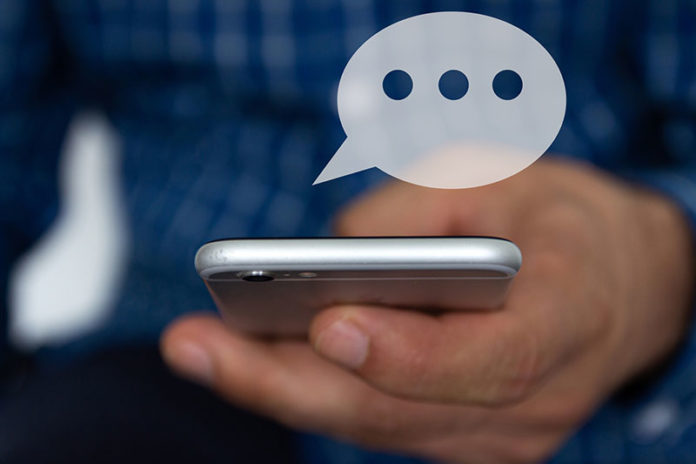For years, Twitter has been Donald Trump’s big cargo hauler for getting his message to his followers. It lets him bypass the news media to communicate directly, as often as he wants, in whatever terms he chooses. Trump without Twitter would be Florida without the ocean.
For everyone else, his use of the social media platform has also served a valuable purpose: providing daily documentation of his inexhaustible rage, vanity, mendacity and lack of self-control. It’s a real-time glimpse of his mental instability. Psychiatrists are reluctant to diagnose from afar, but they learn more from his tweeting than most of them ever get from listening to patients in person.
When he takes to his smartphone to brag and bully, Trump habitually departs from reality. So it was no surprise that after Twitter took the mild step of noting his latest fraud, he retreated into his gilded fantasy world, where he possesses the powers of a totalitarian despot.
What happened is that he blasted out a raft of outlandish claims about the abuses of mail-in voting, which he likes only when he’s using it. The gatekeepers at Twitter decided to attach a note saying, “Get the facts about mail-in ballots,” with links to truthful sources of information that readers might want to consider.
Until then, Trump must have assumed there was nothing he couldn’t say, because he had just gotten away with a bizarre tweet falsely suggesting that MSNBC host Joe Scarborough, a staunch critic, murdered an aide. In a letter to CEO Jack Dorsey, the aide’s widower asked Twitter to remove the post, which he described as “a vicious lie.”
Timothy Klausutis lamented, “The president of the United States has taken something that does not belong to him — the memory of my dead wife — and perverted it for perceived political gain.” But the plea was rejected. Trump’s lies were allowed to stand.
But liars don’t like being challenged. When Trump finally encountered unexpected pushback from Twitter, he had a meltdown. He fumed: “Republicans feel that Social Media Platforms totally silence conservatives voices (sic). We will strongly regulate, or close them down, before we can ever allow this to happen.” He fulminated: “Twitter is completely stifling FREE SPEECH, and I, as President, will not allow it to happen!”
What’s wrong with what he said? Everything. Twitter did not “silence” Trump. It merely added information that contradicted his bogus claim.
Even if Twitter had deleted Trump’s tweet, it would not have been stifling free speech. The First Amendment forbids the government from censoring or punishing such expression. Twitter has no governmental powers. It’s a private company that offers a service to users, subject to rules it deems appropriate.
We already knew that the president, whose party champions free enterprise and property rights, has no respect for the freedom of private companies. He regularly vilifies and threatens corporations for closing plants in the United States and opening plants abroad.
He demands higher postal rates to hurt Amazon, the most successful company in the world, because owner Jeff Bezos also owns The Washington Post. The Post infuriates him by publishing accurate information about him, as well as critical commentary, something it has a constitutional right to do.
Twitter has the same First Amendment right to publish what it chooses. If Trump doesn’t like Twitter’s terms and conditions, he has two choices: Suck it up and abide by them anyway, or take his rants elsewhere. He has no more right to demand that it publish his messages according to his preferences than Nancy Pelosi has to commandeer speaking time at his rallies.
For Trump to take punitive action against the company, however, would make a bonfire of the constitutional guarantee of freedom of speech and the press. Nothing could be more certain than that the president has no right to silence a private company for expressing views or stating facts that he finds unpalatable. If the First Amendment doesn’t mean that, it doesn’t mean anything.
Of course, it doesn’t mean anything to Trump, who knows as much about the Constitution as a kangaroo knows about art. He wants unlimited power, and he can’t tolerate anyone and anything blocking the way.
Twitter was his ally as long as it enabled him to spray falsehoods and vitriol with abandon. It became his enemy only when it dared to assert the primacy of truth.M






























